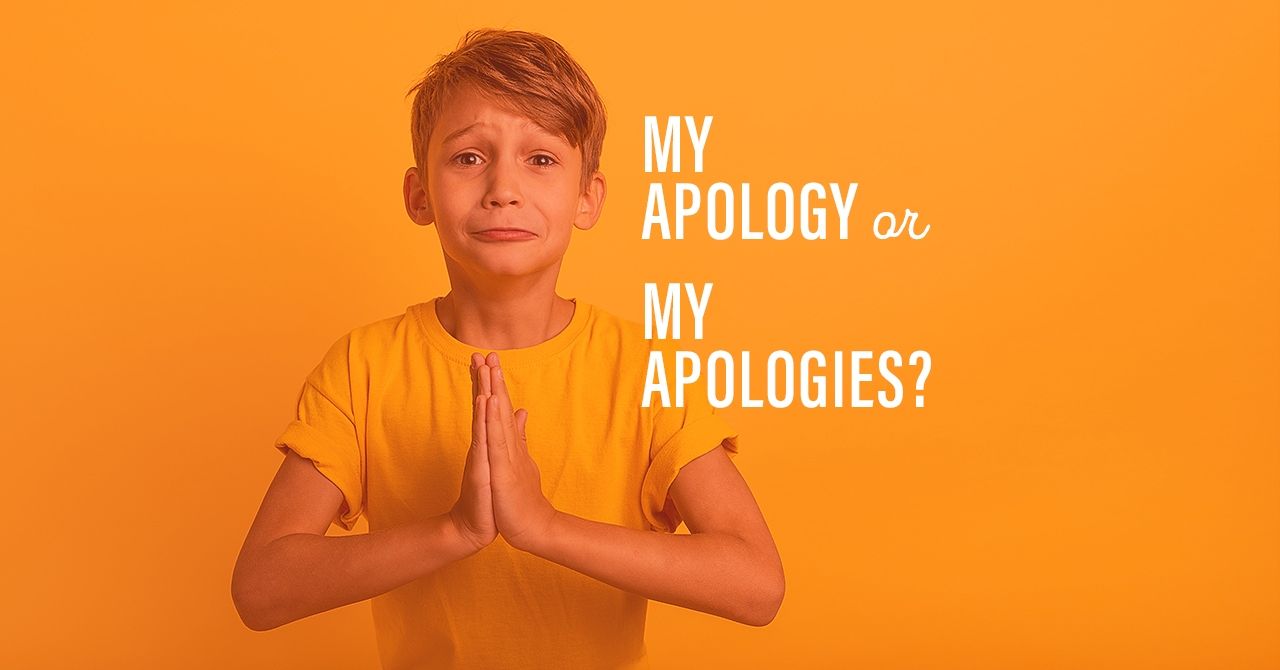Idioms & expressions
Add new idioms and expressions to your vocabulary. Learn how to use them in real-life situations.

The Differences Between “How are You Doing?” and “How are You?”
The two phrases typically sound the same. But do you know that there’s a significant difference between “how are you?” and “how are you doing?”

Nerve-Wracking or Nerve-Racking — Which Spelling is Correct?
Nerve-wracking and nerve-racking are two very similar-looking words. But are there any differences between them both?

To Whom It May Concern: When to Use It and When to Avoid It
When you use the phrase “To Whom It May Concern” it can make you sound ancient and offensive. It’s an outdated salutation that sounds out of place in this century.

Saying “All of a Sudden” vs. “All of the Sudden”
If you’ve ever read an old detective paperback or suspense novel, you’re almost certainly already familiar with the phrase “all of a sudden.” It’s used to denote an event that occurs as a surprise or in an unguarded moment.

“My Apology” Or “My Apologies”—How to Use These Phrases Correctly
Both phrases for apologizing are correct, but they are used on different occasions.

Other Ways to Say “Broaden My Horizon”
Before we tell you the best synonyms for this phrase, let’s see what it actually means.

The Meaning of Comradery and Camaraderie
One on the slightly more formal side is comradery, often spelled camaraderie. It frequently denotes people who are united in a certain cause or interest, sometimes political or social, and suggests their regular collaboration to further that interest.

“Beck and Call” or “Beckon Call”? What is the Correct Phrase?
If you ever doubt whether you should use “beck and call” or “beckon call,” remember that it’s always the first one.